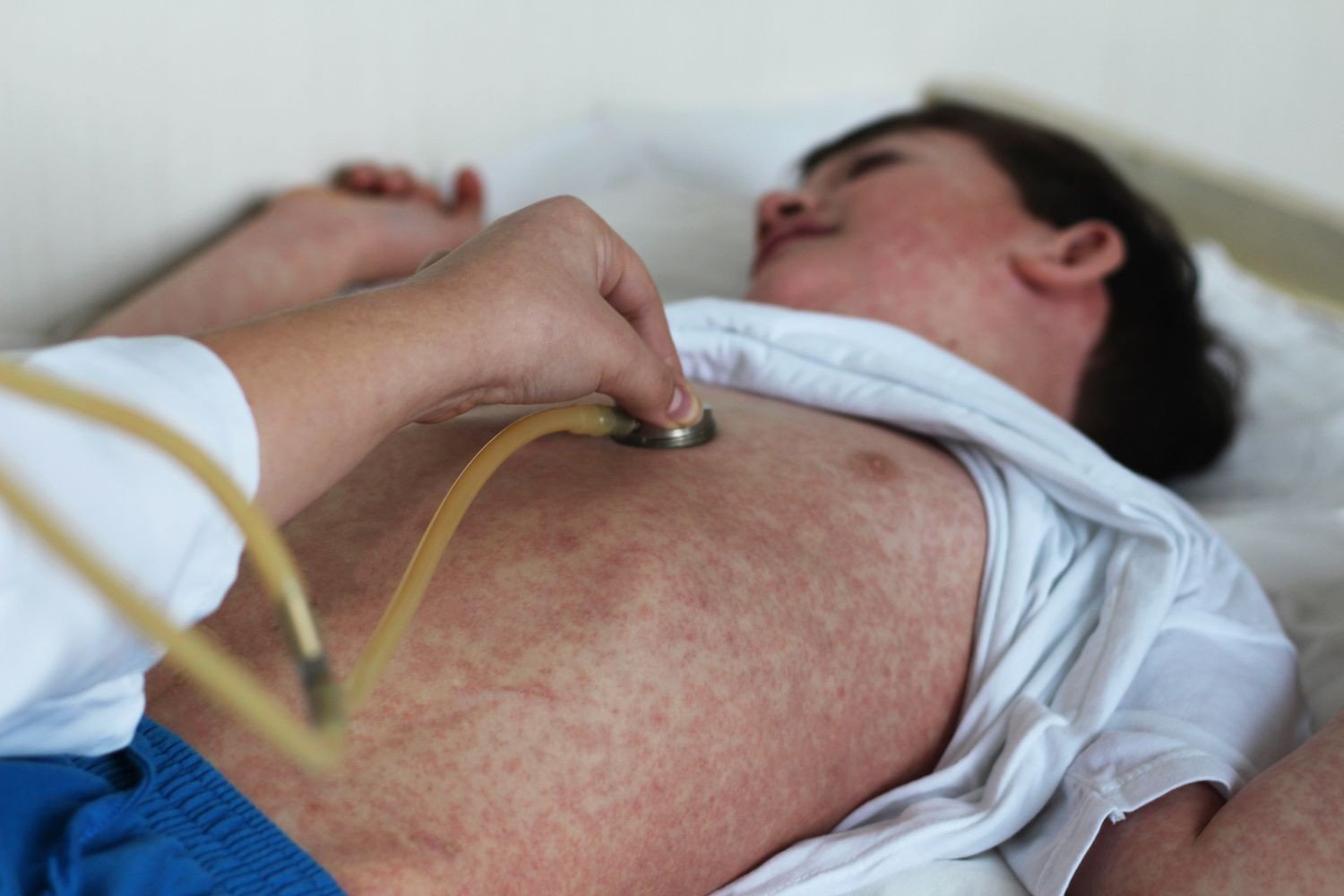Canada has lost its hard-earned measles elimination status, marking a concerning resurgence of this highly contagious disease within the country. The Pan American Health Organization (PAHO), responsible for health in the Americas, made this declaration based on persistent transmission patterns observed over the past year.
To be declared “measles eliminated,” a region must demonstrate at least 12 months without endemic transmission – meaning the consistent spread of measles within its population. While sporadic cases can occur due to travelers bringing the virus in from elsewhere, sustained circulation signifies a more serious issue. This recent declaration comes after PAHO reported a staggering 29-fold increase in measles cases across the Americas during the first half of 2025 compared to 2024. During that period, Canada led the region with a reported 3,170 cases between January and July.
By late October, Canada’s confirmed and probable measles cases had already surpassed 5,100 in 2025. These cases have been geographically widespread, affecting 10 provinces and territories: Alberta, British Columbia, Manitoba, New Brunswick, Nova Scotia, Ontario, Prince Edward Island, Quebec, Saskatchewan, and the Northwest Territories. This surge represents an ongoing outbreak that began in October 2024 and continues primarily within communities with lower vaccination rates.
Response Efforts and A Focus on Vaccination
Recognizing the gravity of the situation, Canada’s Public Health Agency (PHAC) is actively collaborating with PAHO and various health partners across the country. Their immediate goals include bolstering vaccination coverage, enhancing disease surveillance, and providing evidence-based guidance to communities facing outbreaks. The potential for regaining elimination status hinges on successfully interrupting the current measles strain’s transmission for at least another 12 months.
A Global Trend: The Resurgence of Measles
Canada is not alone in facing this challenge. Although the United States eliminated measles in 2000, it has also experienced a concerning resurgence. Texas, followed by Arizona, New Mexico, and Kansas, have been particularly hard hit in recent years. As of late October, nearly 1,700 measles cases had been reported across the U.S., a dramatic increase from just 285 cases throughout all of 2024.
This concerning trend underscores the critical importance of vaccination. Data from the Johns Hopkins U.S. Measles Tracker clearly shows that unvaccinated individuals or those with unknown vaccination status account for nearly all measles cases reported in the United States this year.
While childhood vaccine schedules have faced scrutiny recently, particularly regarding measles vaccines, recommendations remain largely unchanged. However, vaccination rates have been declining alarmingly across the country, raising serious concerns about potential future outbreaks and complications.
Epidemiological models paint a stark picture: if current vaccination trends persist, measles could become endemic in the United States within two decades. This bleak scenario could lead to an estimated 851,300 cases, 170,200 hospitalizations, and 2,550 deaths over the next 25 years. Furthermore, the long-term health complications that can arise from measles infection would likely surge as well, impacting survivors for years to come.
The potential consequences of declining vaccination rates are dire, highlighting the urgency of strengthening public health messaging and addressing the root causes behind vaccine hesitancy.
